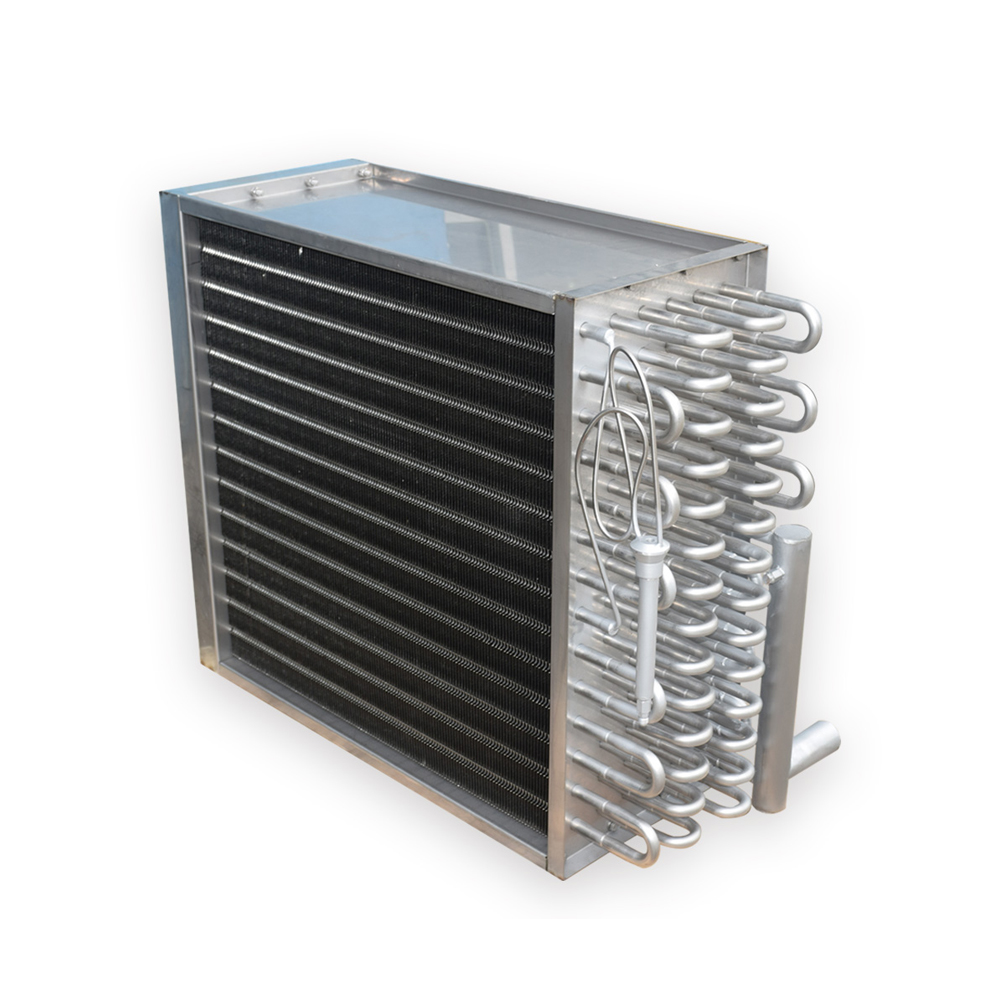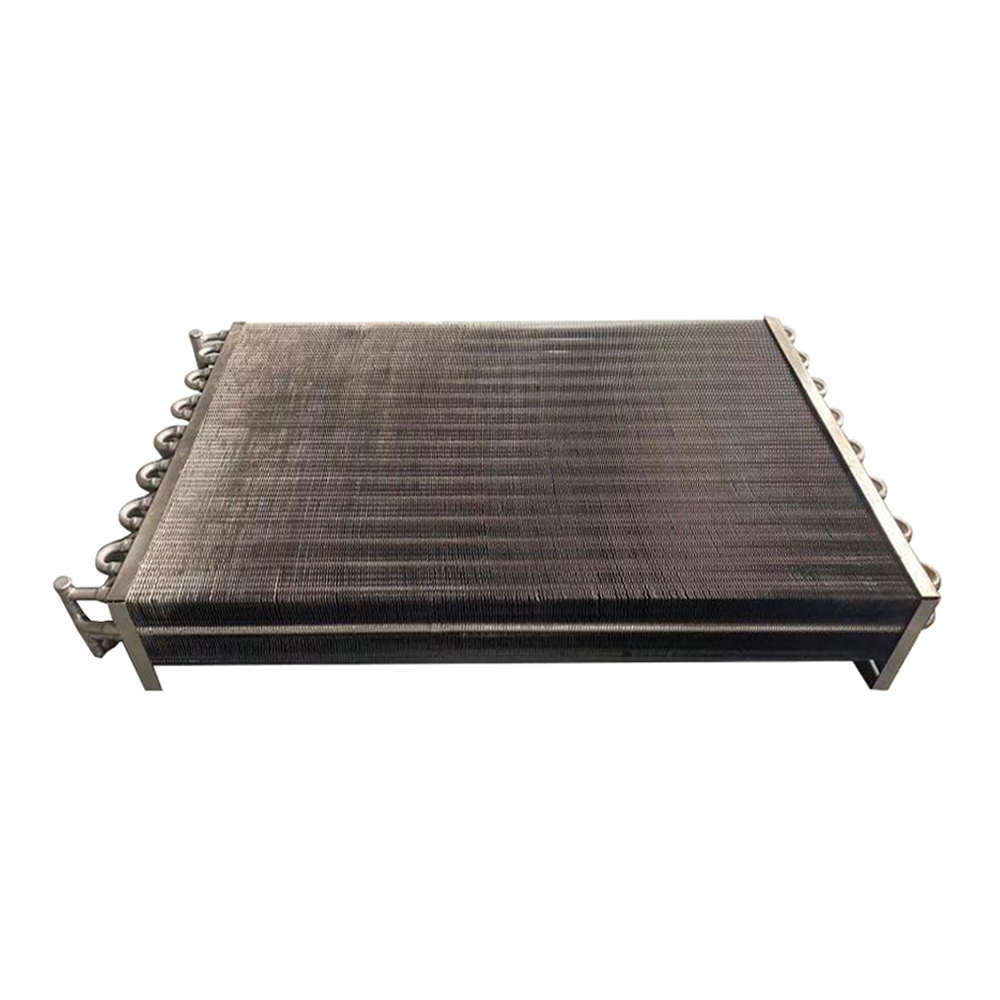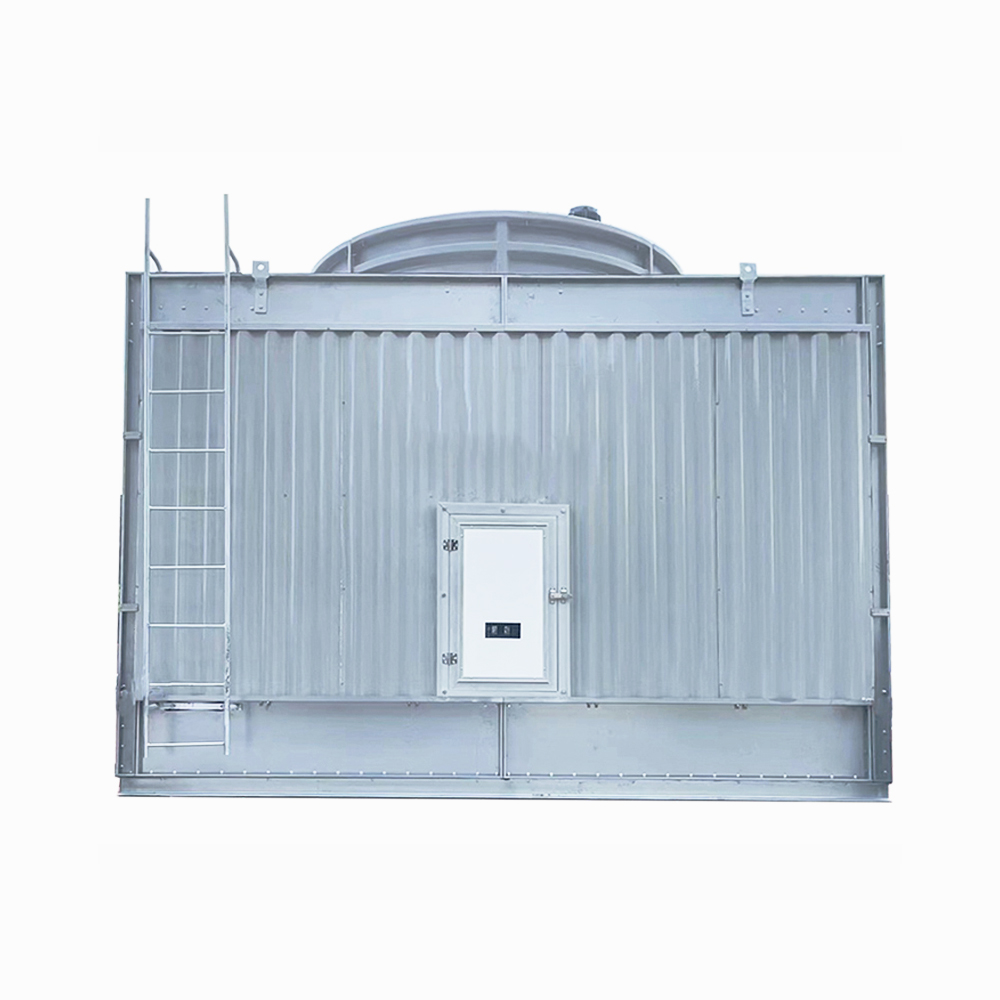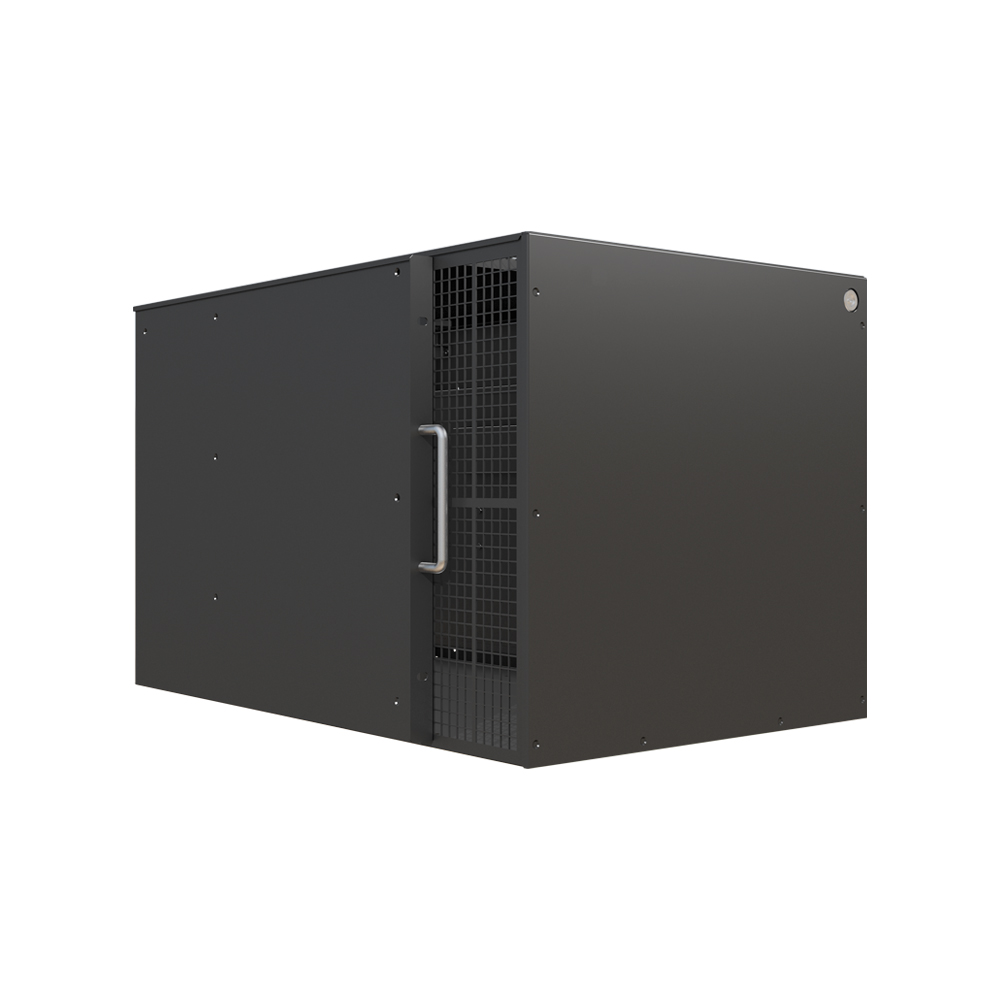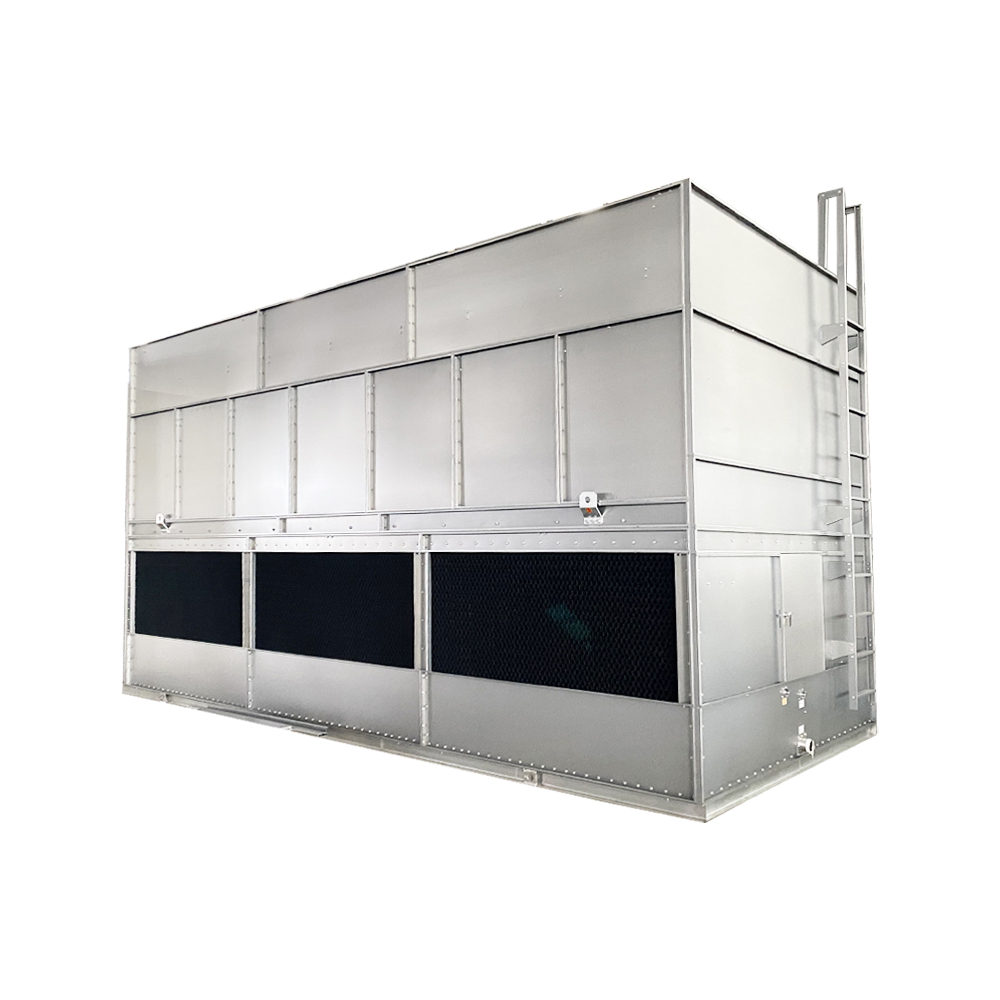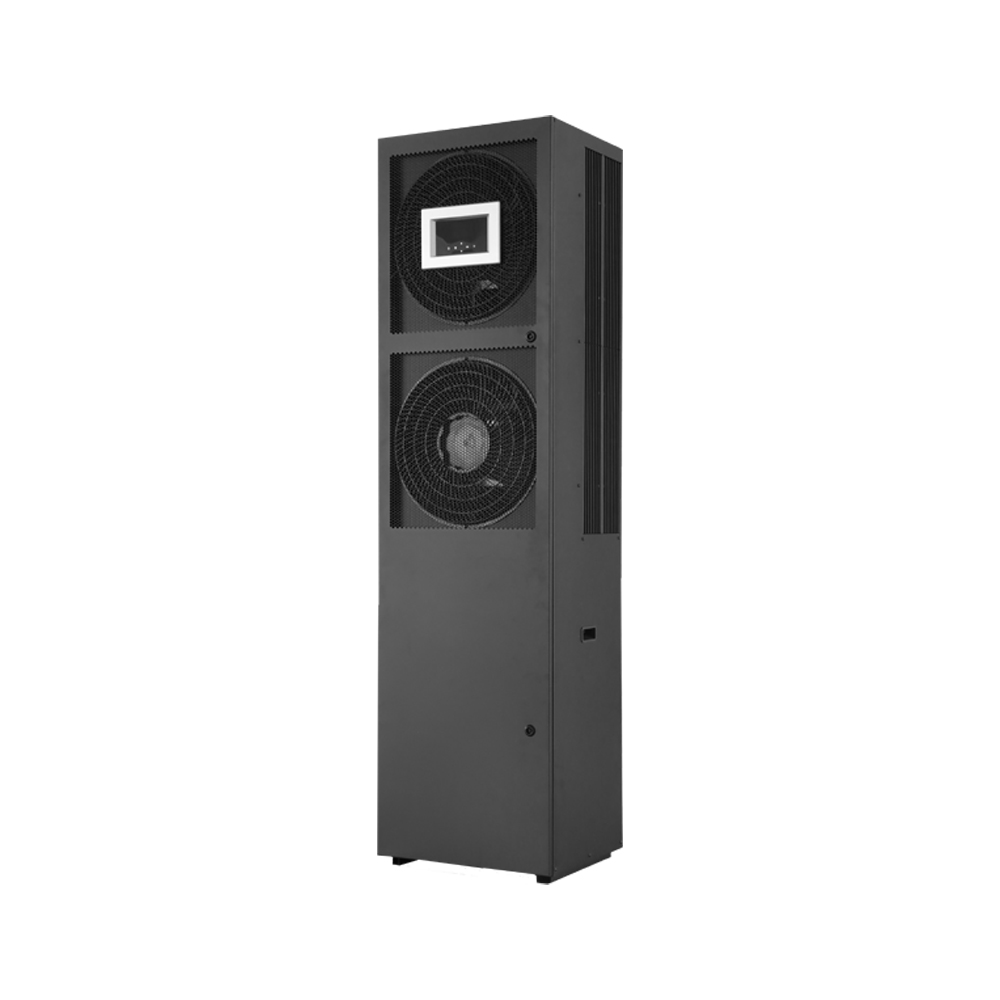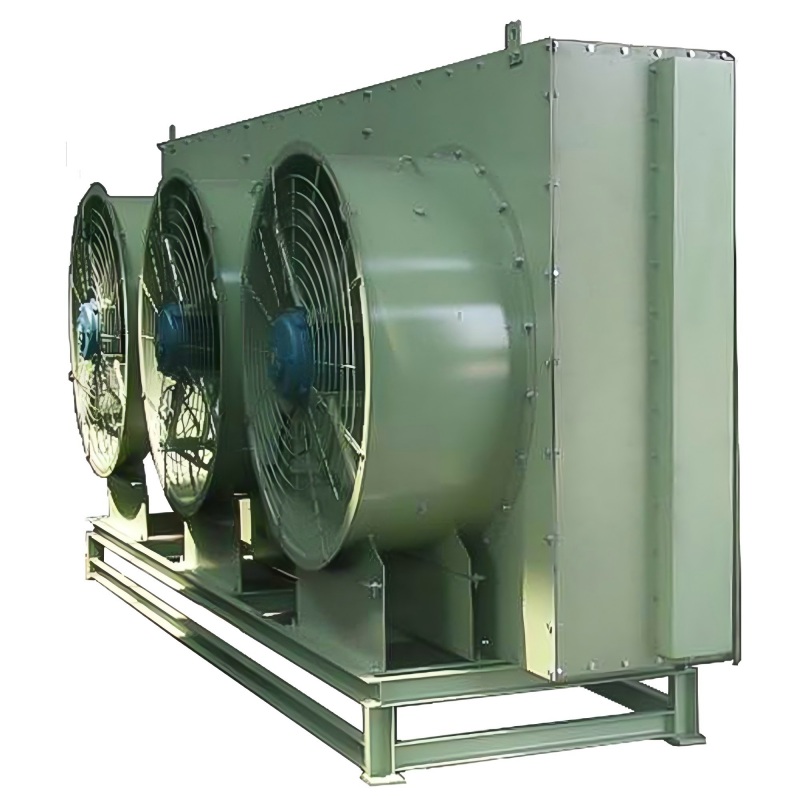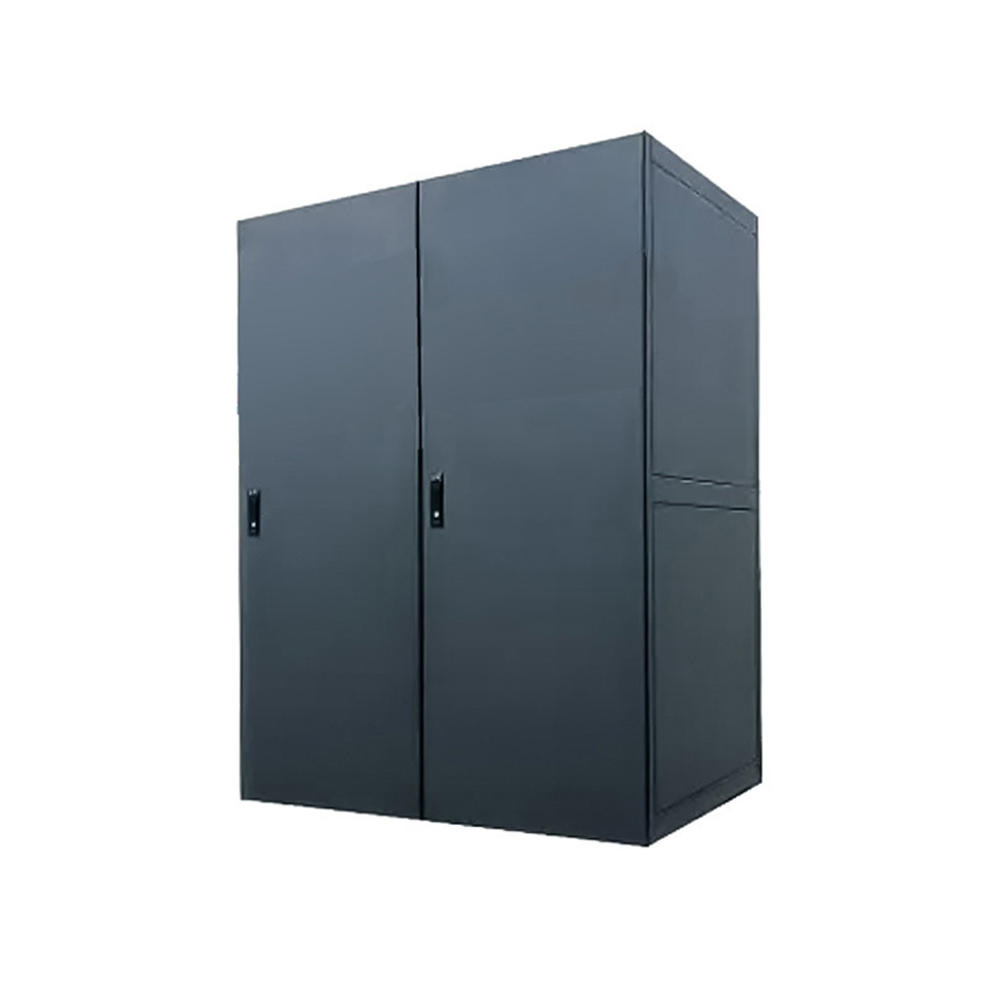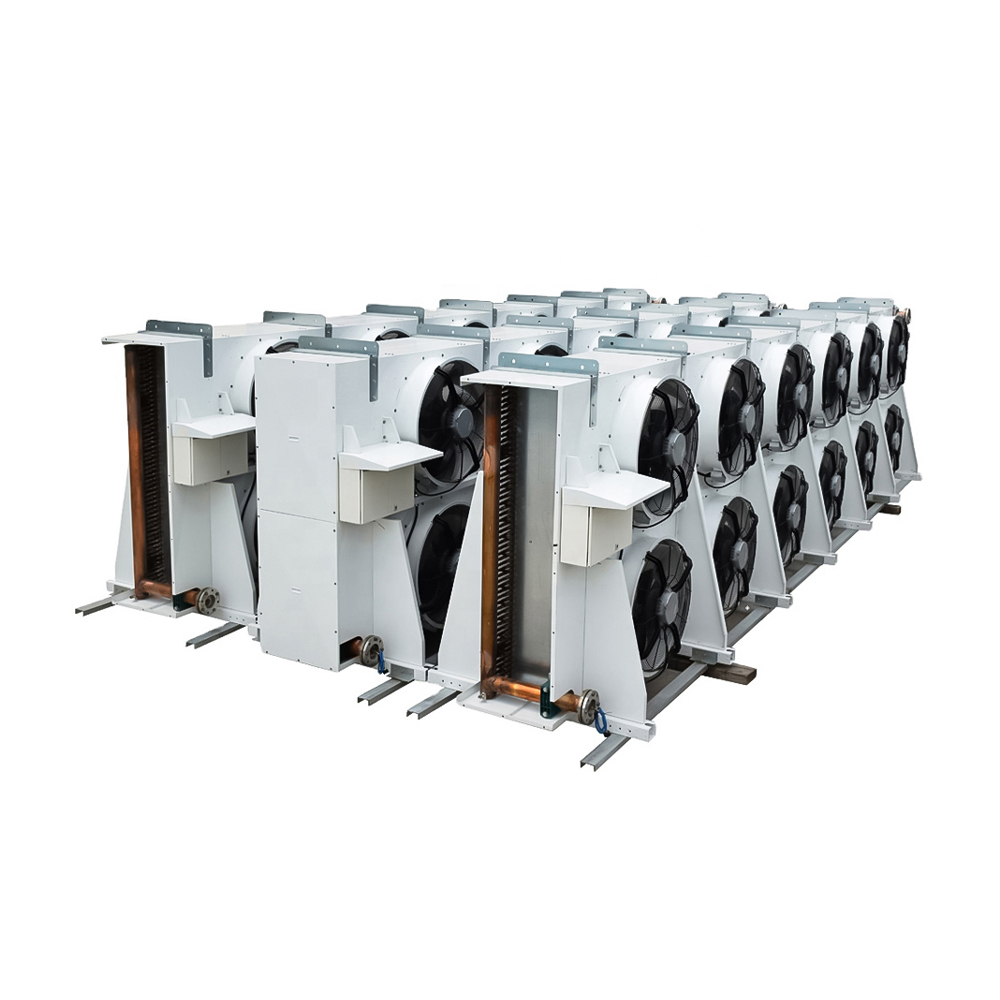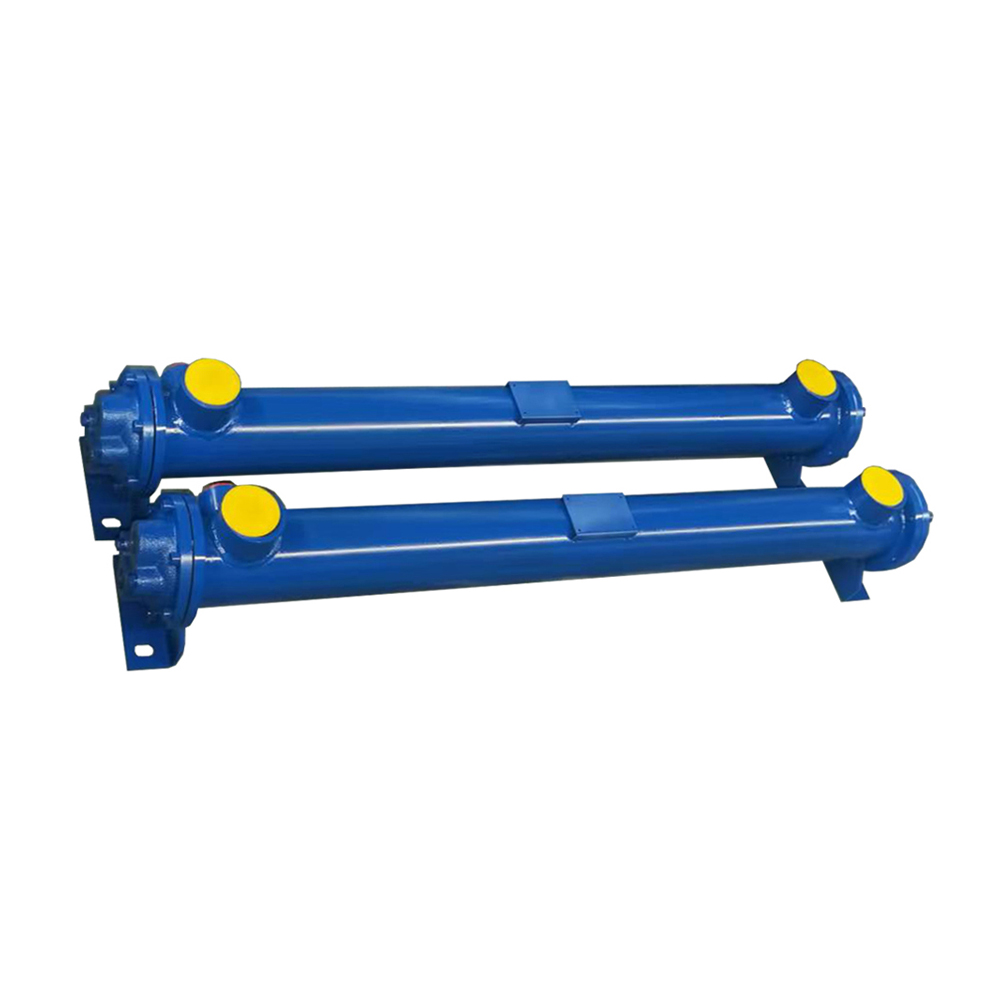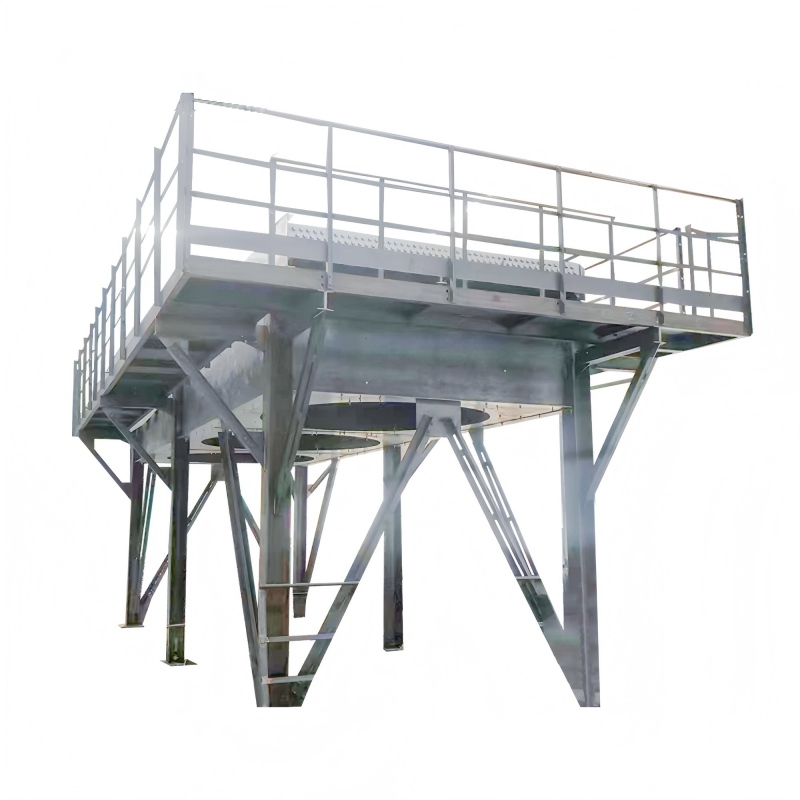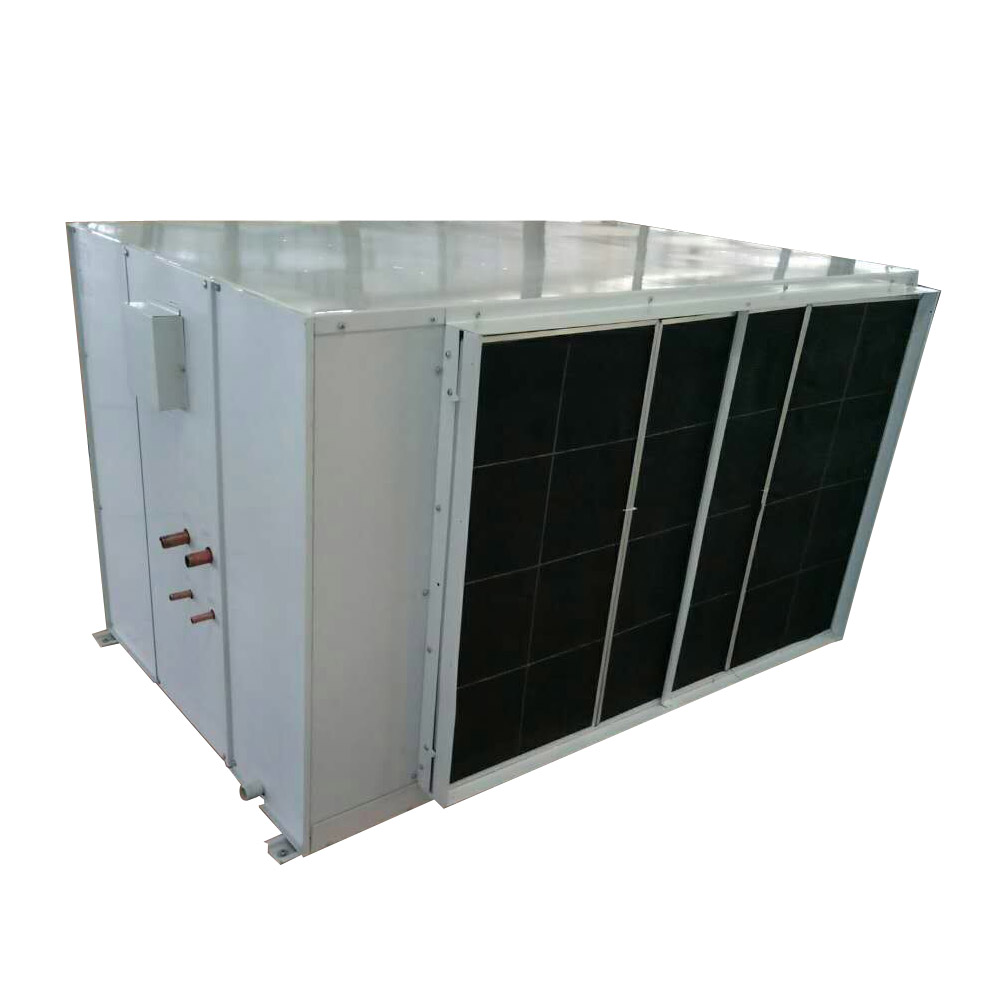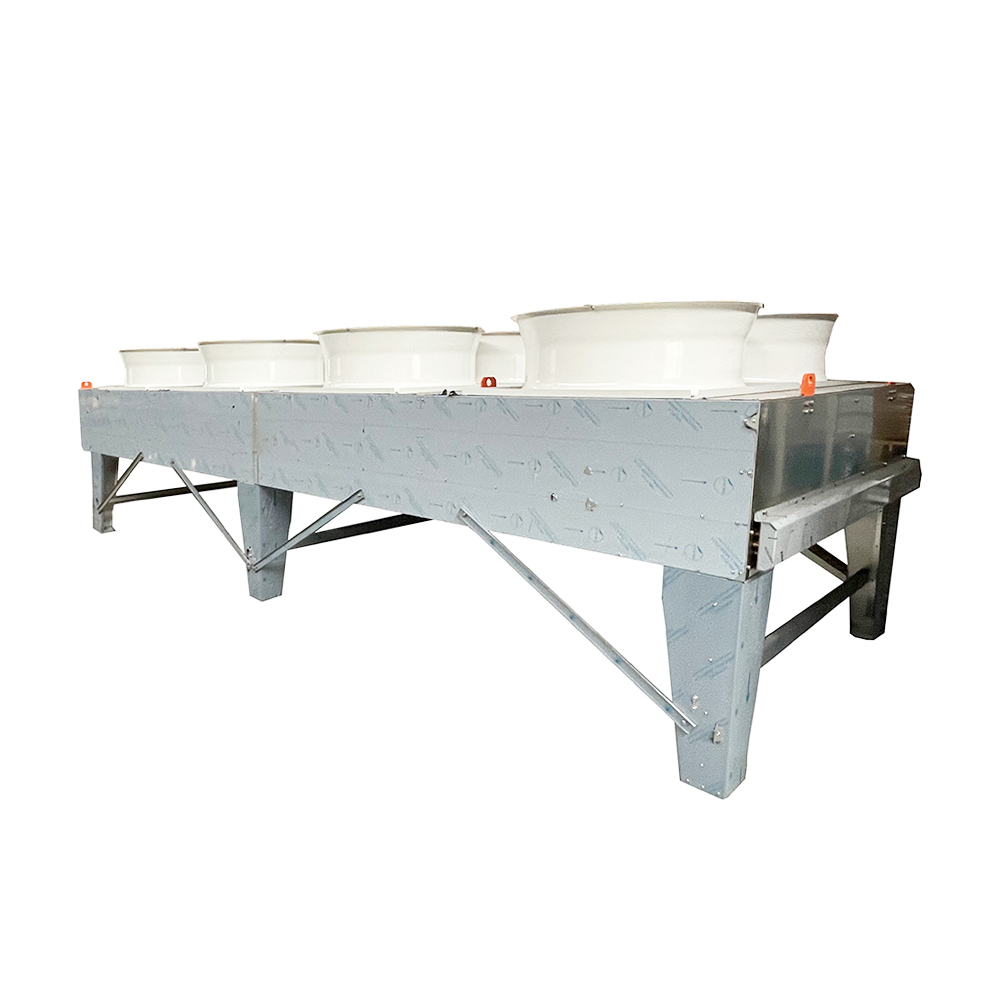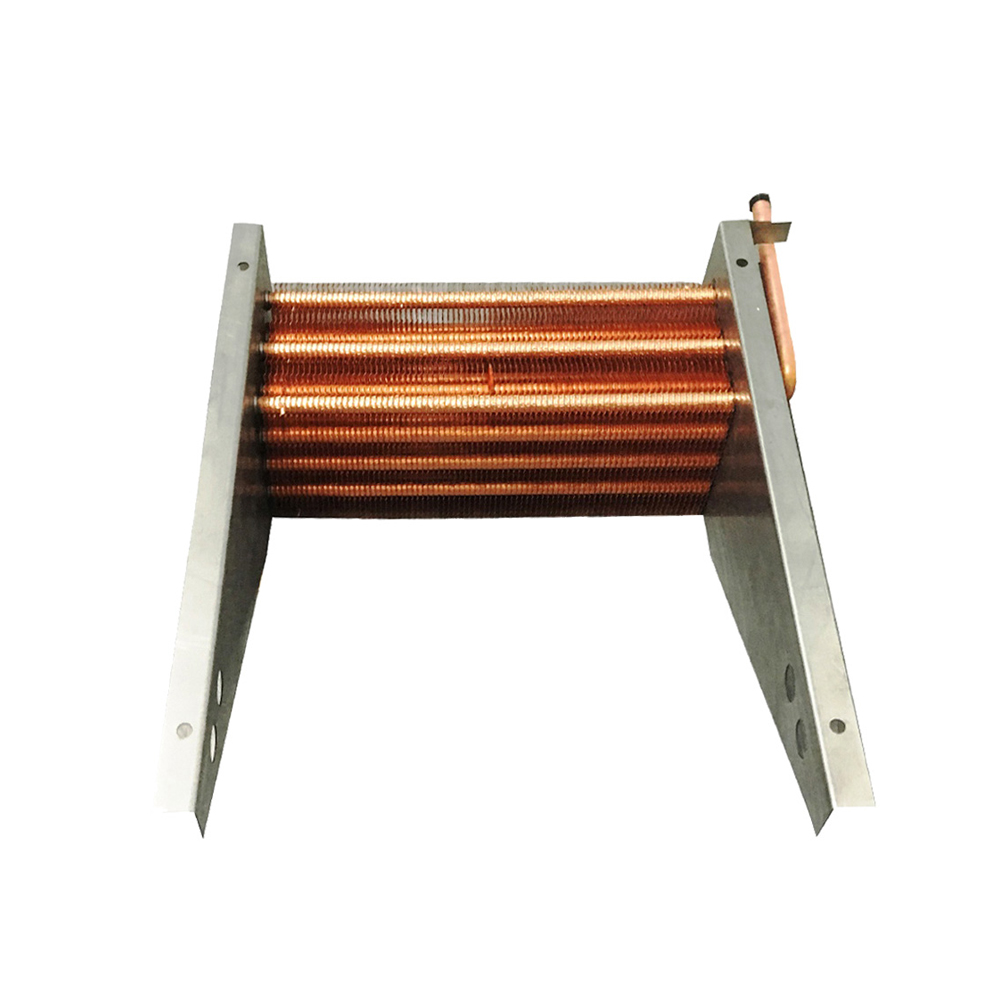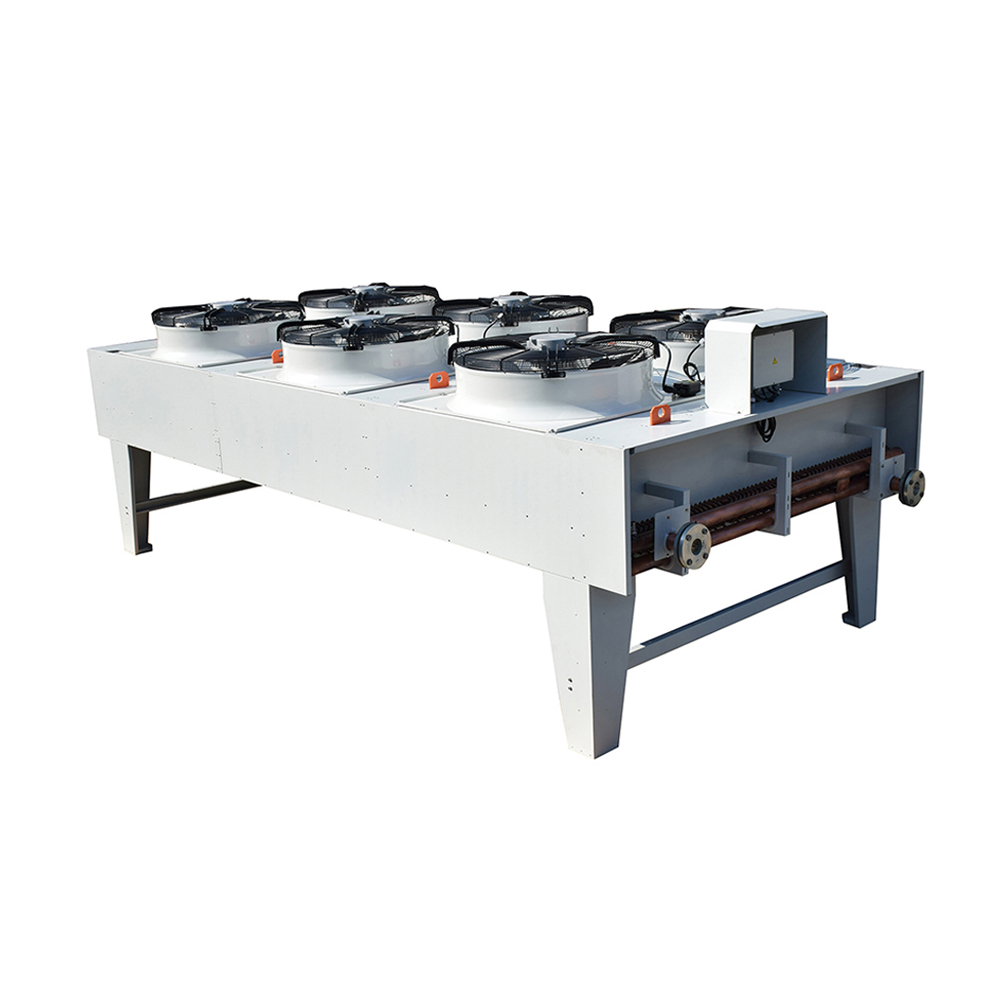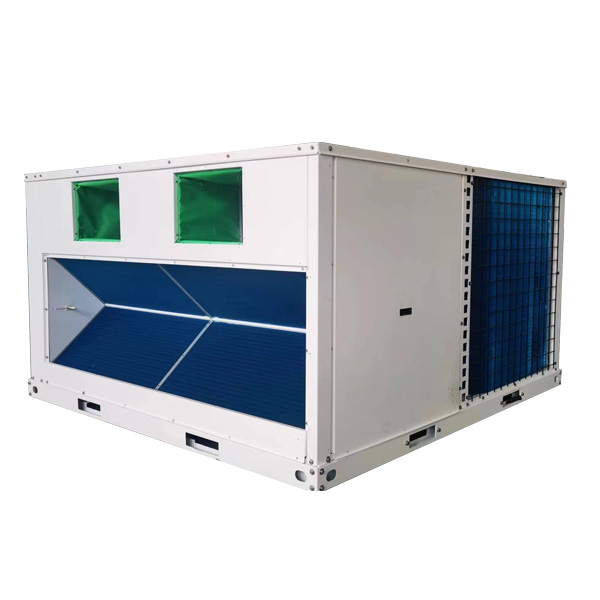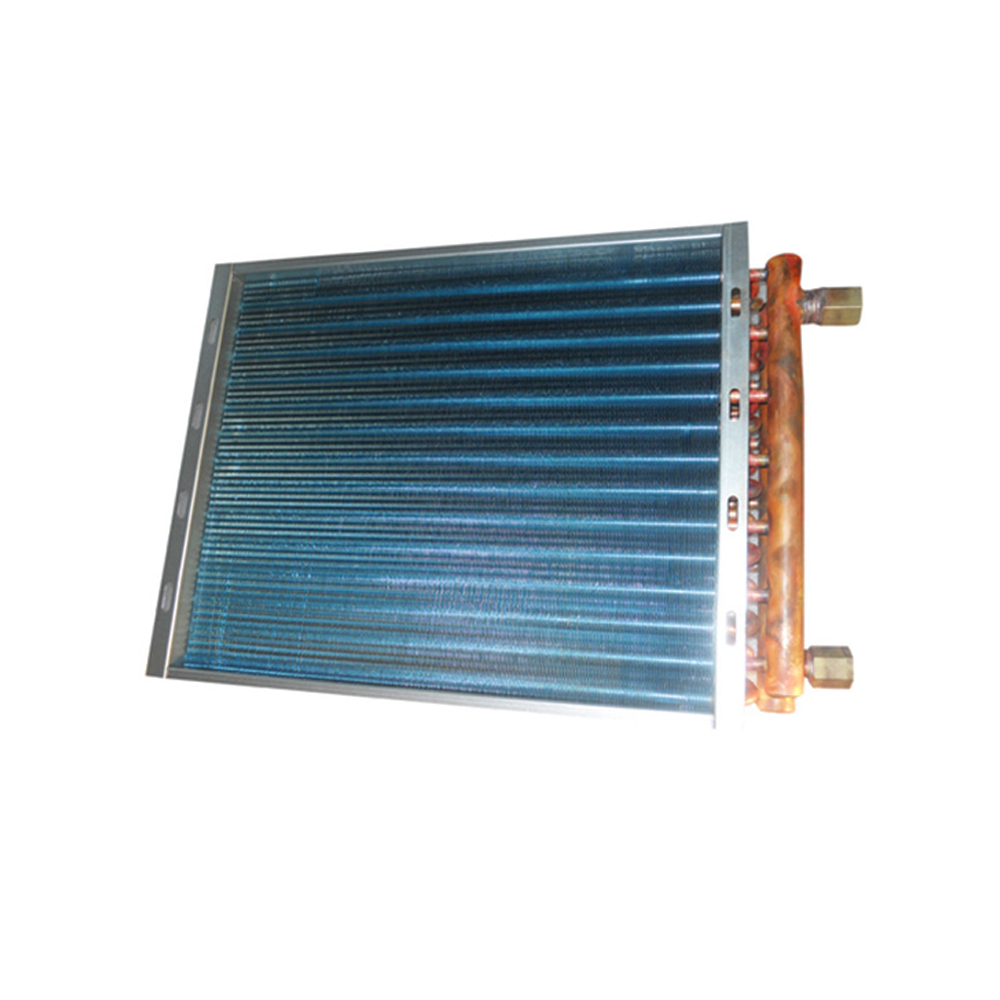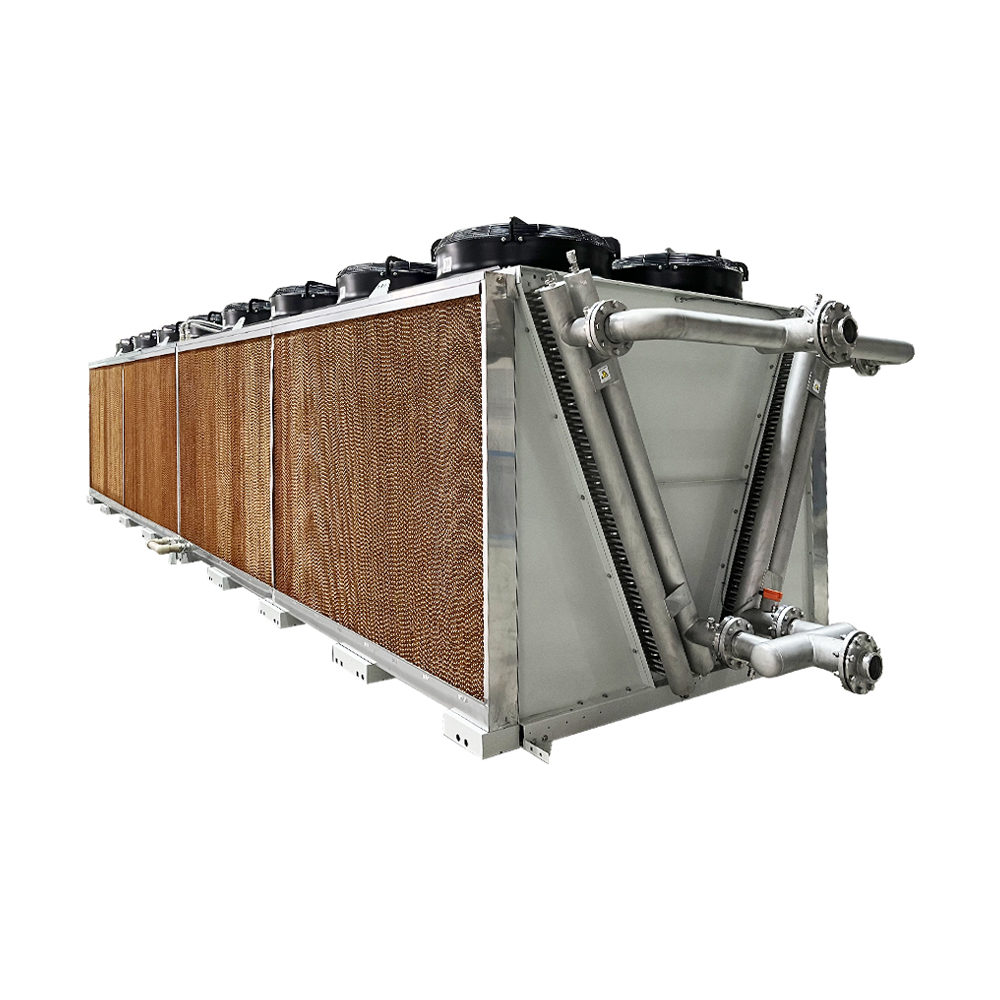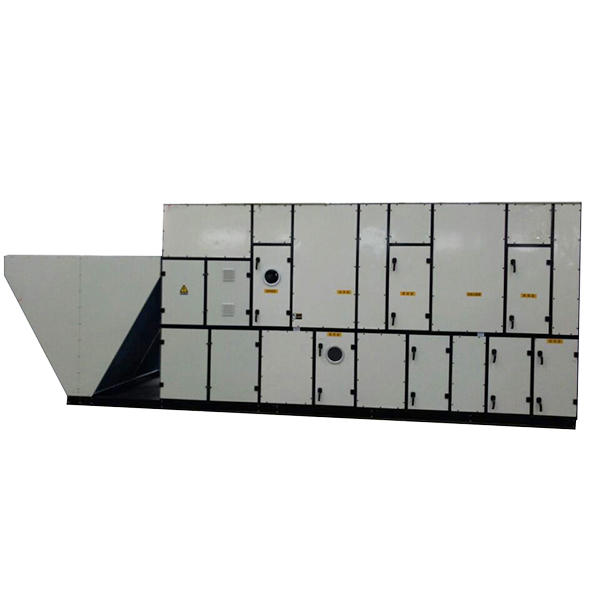Choosing the right air handler unit can significantly impact your home's comfort and energy efficiency. This comprehensive guide breaks down the essential factors to consider when selecting a unit, ensuring you find the perfect fit for your needs and budget. We'll delve into various types of air handler units, key features, and important considerations for installation and maintenance. Learn how to determine the appropriate size, understand energy efficiency ratings, and navigate the selection process with confidence.
Understanding Air Handler Units
What is an Air Handler Unit?
An air handler unit is the indoor component of a heating and cooling system. It works in conjunction with a furnace or heat pump to circulate conditioned air throughout your home. It's responsible for filtering, heating (in some models), cooling, and distributing air, providing consistent comfort year-round. Selecting the right air handler unit is crucial for optimal system performance.
Types of Air Handler Units
Several types of air handler units cater to different needs and preferences. These include:
- Single-stage air handlers: Offer a single speed for airflow, providing basic heating and cooling.
- Two-stage air handlers: Provide two airflow speeds, enabling more precise temperature control and enhanced comfort.
- Variable-speed air handlers: Offer continuous adjustment of airflow, maximizing efficiency and comfort. These often have higher upfront costs but offer significant long-term savings.
Key Features to Consider
Size and Capacity
Proper sizing is critical for efficient operation. An air handler unit that's too small will struggle to keep up with demand, leading to discomfort and increased energy costs. Conversely, an oversized unit can cycle on and off frequently, reducing efficiency and potentially damaging components. A professional assessment is highly recommended to determine the right size for your space.
Energy Efficiency
Look for an air handler unit with a high SEER (Seasonal Energy Efficiency Ratio) rating. A higher SEER rating indicates greater energy efficiency, translating to lower energy bills and a smaller environmental footprint. Consider factors like insulation levels and window efficiency to maximize the benefits of a high-SEER air handler unit. You can usually find SEER ratings on the unit's specifications.
Air Filtration
Effective air filtration is essential for maintaining indoor air quality. Many air handler units offer various filtration options, from standard filters to HEPA filters, capable of trapping smaller particles like allergens and pollutants. Choose a filter that aligns with your indoor air quality needs.
Noise Levels
The noise level of an air handler unit is a key consideration, especially for bedrooms or other quiet areas of your home. Look for units with lower sound ratings (measured in decibels) to minimize disruption. Check manufacturer specifications for noise level information.
Choosing the Right Air Handler Unit for Your Needs
The best air handler unit depends on various factors, including your home's size, climate, budget, and personal preferences. Consider these key aspects:
- Climate: In hotter climates, a high-SEER unit will likely be more cost-effective. In colder climates, efficient heating capabilities are crucial.
- Budget: Variable-speed units offer superior efficiency but typically come with a higher upfront cost.
- Home size: Accurate sizing is critical. A professional assessment by a qualified HVAC technician is highly recommended.
Top Brands and Models
Several reputable brands manufacture high-quality air handler units. Research different brands and models to compare features, specifications, and customer reviews. Remember to factor in factors like warranty and customer support when making your decision. While we cannot provide a specific recommendation due to constantly evolving product lines and regional variations, online resources and consumer reports are great places to start your research.
Installation and Maintenance
Professional installation is crucial for optimal performance and to ensure the warranty remains valid. Regular maintenance, including filter changes and inspections, will extend the lifespan of your air handler unit and maximize its energy efficiency. Remember to consult your manufacturer’s guidelines for recommended maintenance schedules.
Conclusion
Selecting the best air handler unit requires careful consideration of several factors. By understanding the different types, key features, and your specific needs, you can make an informed decision that enhances your home's comfort and energy efficiency for years to come. For more information on high-quality HVAC solutions, visit Shanghai SHENGLIN M&E Technology Co.,Ltd.









